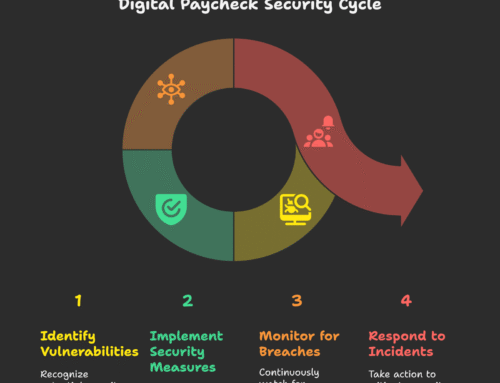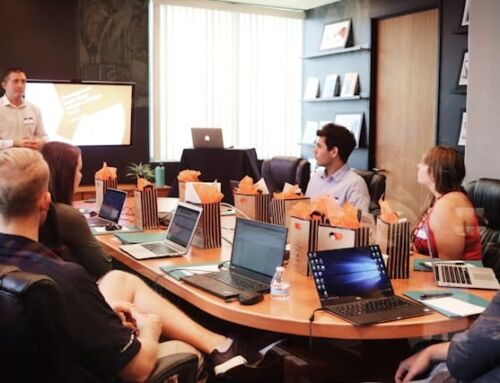Working in HR can be a thankless and difficult task. If you’re an experienced manager, most of your tasks are probably automatic now and require very little effort to carry out. It’s easy to become complacent and robotic after years on the same job. But in order to do your job right, it’s important to continue educating yourself and trying to improve. It’s also important to keep your employees engaged. 13% of employees in younger generations reported that they would leave a job if there was no potential for career development. Here are a few tips for getting to the next level in your career.
1. Rethink Your Role
If you’ve been working in Human Resources for a while, you might take for granted that you understand your job and your purpose there. But it’s always worth taking a step back and asking yourself what your vision for your job really is. What was your initial goal when you started out in human resources? After learning human resource laws, you probably wanted to help people, make human connections, and provide a safer and happier work environment.
Over time, your goals have probably gotten more specific, and should be taken into account when visualizing your career going forward. Do you want to focus more on employee engagement, or talent management? Do you want to get better at handling internal conflicts or recognizing issues of discrimination in the office? Knowing what areas you need to work on, and which are important to you, will help you plan out your future actions.
2. Adopt Technology
As an experienced worker, you’re probably used to doing things the way you started out doing them. Integrating technology can be intimidating and feel unnecessary when you’ve been doing just fine without it this far in your career. 36% of HR professionals cite insufficient technology. But part of learning and growing means pushing your comfort zone a little, and being willing to acknowledge that there might be a better way of doing things. There are some amazing options for HR software out there, from payroll management to tracking leave days and work days. Knowing what areas you could use some help in is a great way to identify ways that you could be using software to make your job easier. This doesn’t mean that you’re incompetent, or that you’re overwhelmed. Automating some tasks is a way to free up time for improvement in other areas.
3. Ask Employees
As an experienced employee, it might feel counterintuitive to seek out advice from others who may be less experienced than you are. But as the “culture consultant” for your company, it’s extremely important that you have your finger on the pulse of your organization. Chances are, the culture of your company has changed many times since you’ve been there, and you’ve had a central role in making sure that new culture is one where people feel safe to work and to share their opinions. In order to ensure this continues, make it a part of your practice to regularly get the opinion of everyone, from the CEO to the teenaged file clerk, on how the office is doing. Getting everyone’s perspectives is important to having an accurate picture of your office, and doing surveys may not be enough to get this done.
4. Use Strategic Alignment
At the end of the day, your job is to make sure everyone’s vision for the company is united and that there is a single goal being worked towards at all times. That’s where strategic alignment comes in. Refresh your memory about your company’s mission statement, and what its goals are. How confident are you that every employee is aware of this goal and is working towards it now? Make sure strategic alignment is an integral part of employee training and that everyone is on the same page.
Your work is priceless to your job and it’s important that you never underestimate your value to your company. Working to constantly improve yourself in your job will guarantee that you’re making your office a better place for everyone to work and live together.
Photo by Hunters Race on Unsplash






Leave A Comment